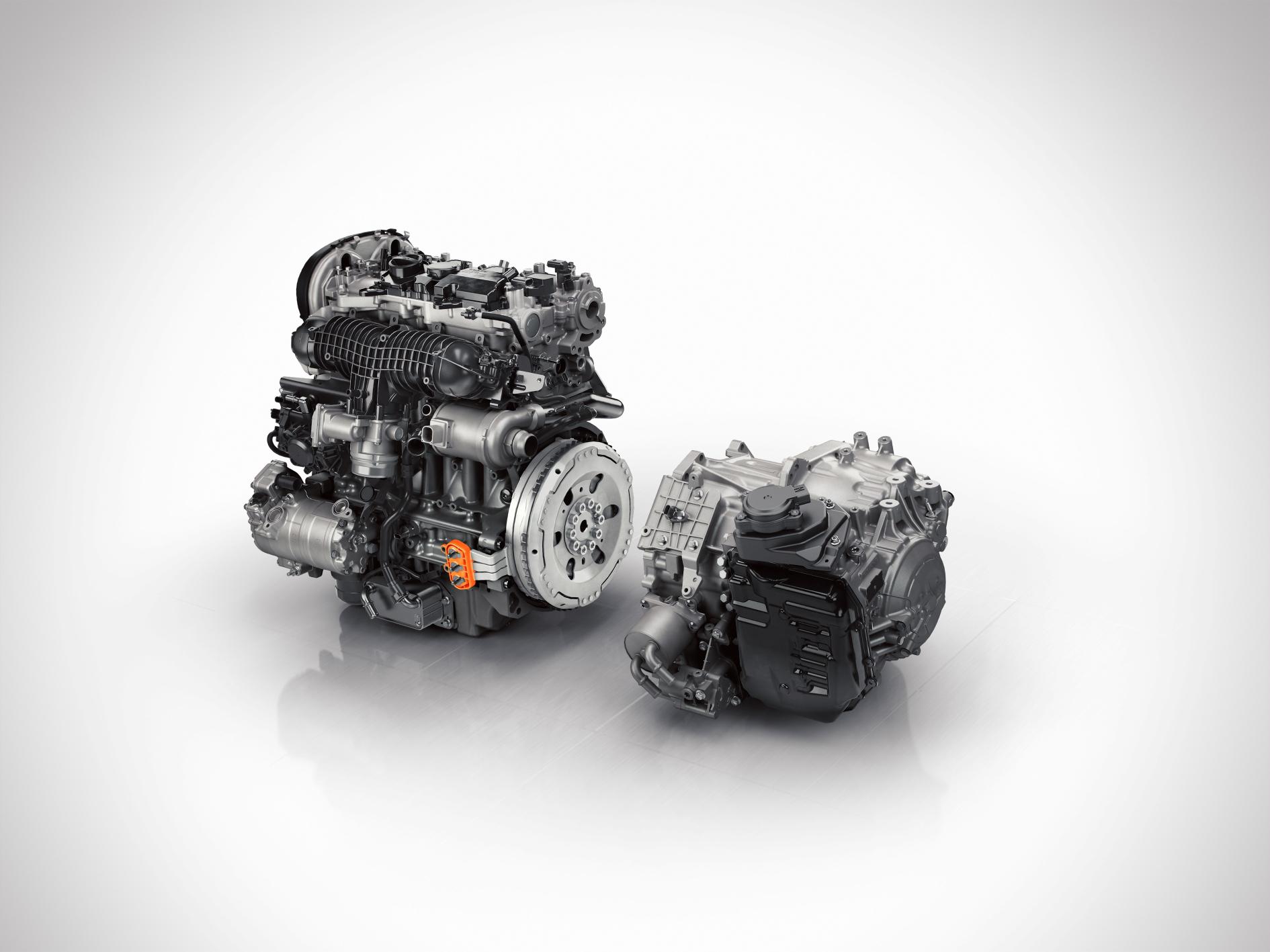It is called, the drug of knowledge that Adam stole from Eden garden
Alle Informationen zum VW Golf GTE DSG (12/14 - 10/16): Technische Daten, Bilder, Preise & laufende Kosten sowie Informationen zu Verbrauch, Kofferraumvolumen und Pannenstatistik.

www.adac.de
https://www.greencarcongress.com/2011/09/zas-20110902.html
Volvo's long-term powertrain strategy is all about four-cylinder engines. Gone are the firm's long-standing five-cylinder gasoline and diesel units, and gone is the old XC90's V-8--replaced, in the next-generation car, with a power unit Volvo calls 'Twin Engine'. Using an intriguing mix of...

www.greencarreports.com
Thought i had an oil leak but after looking deeper i verified it is indeed coolant and its the waterpump housing its leaking from. 2017 gti s Thoughts? Im still under warranty and thinking of taking off the jb4 and trying the dealer route I looked through the repair manual and it seems there is...
www.golfmk7.com
GTI water pump issues is my personal experience, it leaks again and again with OEM plastic housing.
etc.
Yes, some Toyota also has issues like the 2010-2012 Prius with head gasket leak. But it is after over 140-200k miles, not 60k miles, just after the warranty expired. Toyota Fix it in 2013 with a re-designed head gasket. Or early V6 3.5L burst oil cooler line and Toyota replace it with metal from the rubber hose. Meanwhile, VW is revising water pump housing (4th revision) and still leaks because they stick with plastic, not aluminum. Fortunately, the aftermarket offers a better design. Yes, in some parts aftermarket parts are better than OEM in European cars. Many European BMW and VW used Plastic oil pans on transmission and engine oil for no good reason. You hit the ground or debris on the road, the whole fluid leak out and goodbye engine/transmission. Toyota also does a similar mistake on the 2004 V6 3.3L on the pipe from thermostat to radiator, it often just crack and spew the whole coolant in minutes, but it takes 12+year/200k miles before it happened. Most mechanics should replace that $20 pipe when changing the thermostat. There are almost no mainstream cars with dual injections in VAG, BMW, or Benz. Only the European version of Golf-R and GTI 2.0TFSI has dual injections. Not even BMW Supra. Carbon build-up will be always a problem in every direct injection-only car, including Toyota Corolla/CHR 1.2L Turbo in the European version. BMW supra use 0W-20 with ACEA C5 certification and probably more antiwear additive than regular Toyota 0W-20 from Mobil1. With direct injection only, Mid SAPS engine oils is required in direct injection only engines to reduce problems with catalytic converter and reduce intake carbon buildup.
Back to OIL, European or non-European grade oil, if you do severe driving, dusty roads, towing, many short trips 50%, you should change the oil every 5k miles/6 months. It is actually written in both Japanese and European car service interval fine print.

